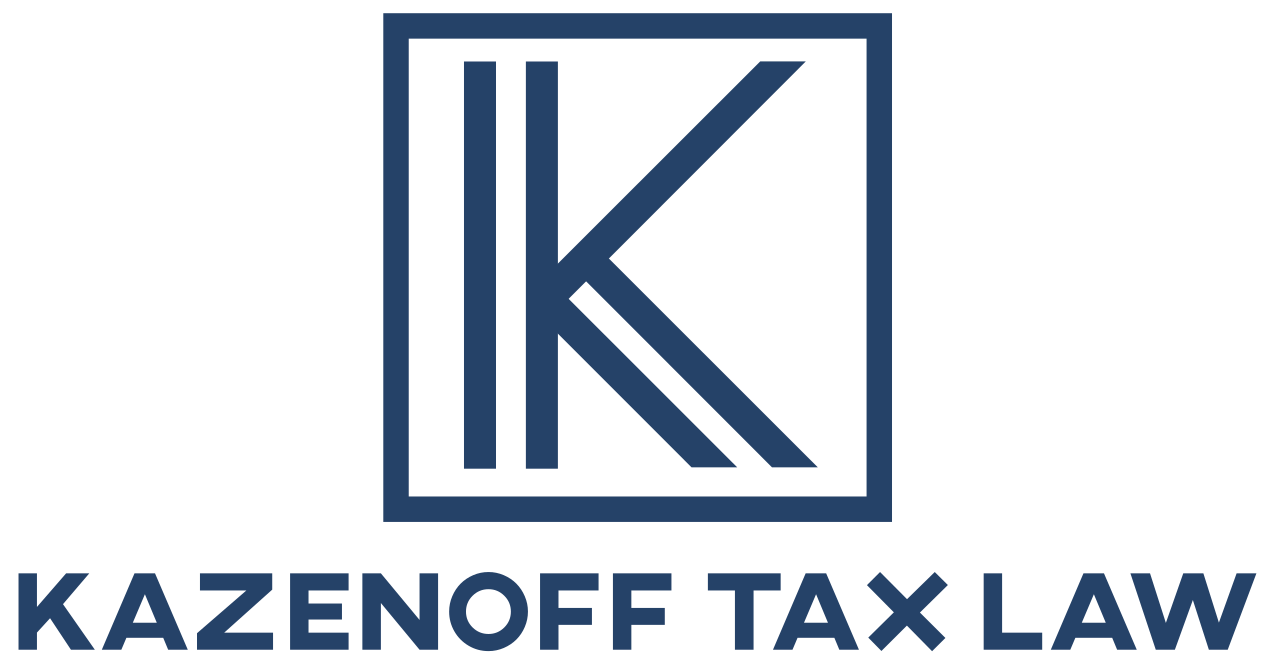Are You the Cobbler Whose Children Have No Shoes?
This saying may be seem like an outdated reference, but it couldn’t be more relevant today. The advantage of my being a solo attorney with my specialized niche is that a significant part of my practice consists of other professionals who find themselves in a fix with the taxing authorities and do not want their colleagues to know of their troubles. You would be surprised how common this is. These are lawyers, accountants, entertainers, journalists, engineers, investment bankers, real estate developers, architects, and other high profile business people who are top notch in their fields of expertise but who have done everything but taken care of their tax “shoes” if you want to put it that way.
One of my first clients in solo practice after I left IRS Office of Chief Counsel was the founding member of a very well-known law firm that found himself in a fix involving an ancillary business venture and an unscrupulous business partner on whom he reasonably relied. I was able to abate hundreds of thousands in penalties and he was extremely thankful. There is no greater satisfaction than resolving a case favorably for a professional colleague who needs my help and relies on my commitment to the attorney-client privilege. Since that day I have continued to get referrals and calls from similarly situated professionals who rely on me for my expertise and confidentiality; I have also resolved their cases continuing to build goodwill.
For those professionals who would be considered “sophisticated taxpayers” by the taxing authorities, it is not uncommon that sometimes they can get themselves into a tax fix. Pumping personal funds into their businesses to keep them afloat is no more of a “noble” choice than someone who foregoes their medications to buy food. This of course is not a legal basis for an excuse, but the reality is many are put in the position of choosing the lesser evil. I believe some governmental authorities acknowledge the domino effect: if the taxpayer fires all of their employees and goes bust, surely the taxes paid would pale in comparision to the government’s payment of unemployment compensation, food stamps, and other subsidies to fill the void left by a bankrupt company, not to mention the lost taxes that would have been paid by the gainfully employed. It is truly in the government’s best interest to help these taxpayers, so they can continue to be revenue producing entities and compliant taxpayers.
In my experience over these many years, I truly believe the taxing authorities, particularly in the wake of the Great Recession and now the Pandemic, are keenly aware of this, hence the many types of programs offered to resolve cases implemented in recent years. Installment Payment options have increased, OIC rules in some ways have been eased, Appeals settlements are available, certain thresholds to qualify for programs have been raised. I believe they realize that killing the goose is not the best option if they want more eggs. As long as I can bring a taxpayer into compliance for the future, achieving terms of settlement that are reasonable (and do not ensure default), the taxing authorities seem willing to resolve a case to get the revenues flowing again when a company seems viable. Of course, I must add the caveat that each case stands on its own facts, and not every case will be treated the same, particularly if the taxpayer’s actions are egregious, are part of a lengthy pattern of non-compliance or he/she is not acting in good faith. Other issues may also be involved that require a different approach. But overall, I think there is hope for the cobblers out there and their shoeless children and I am available to help get them back on their feet.
